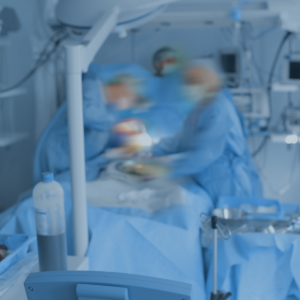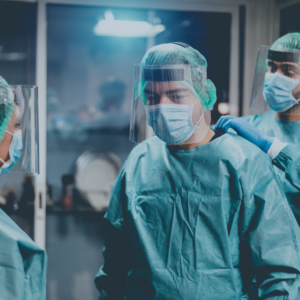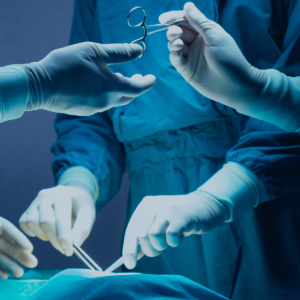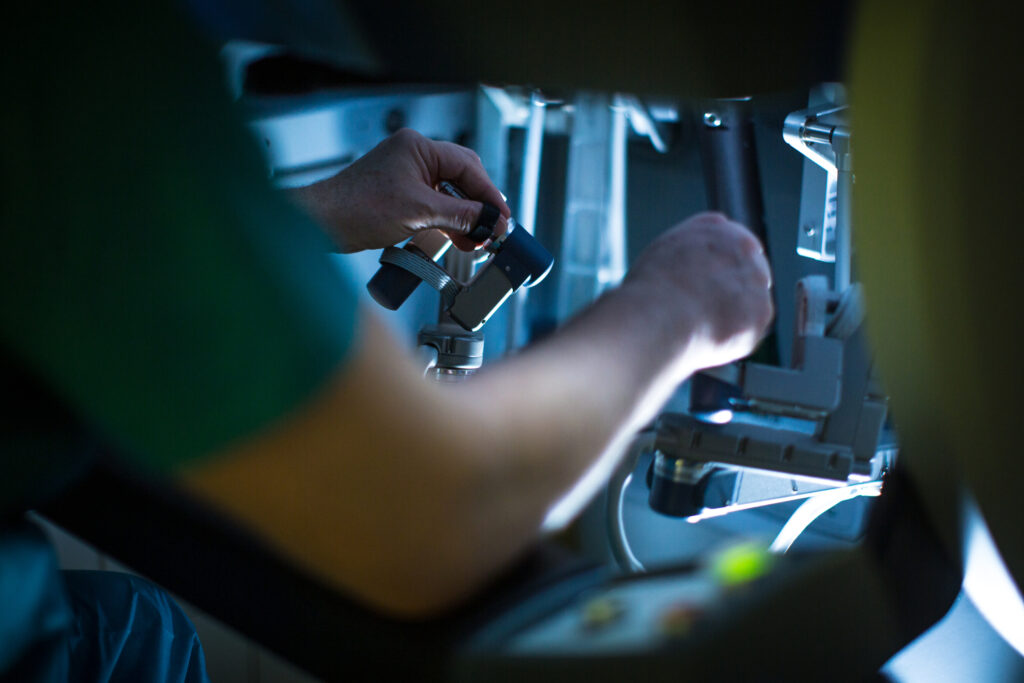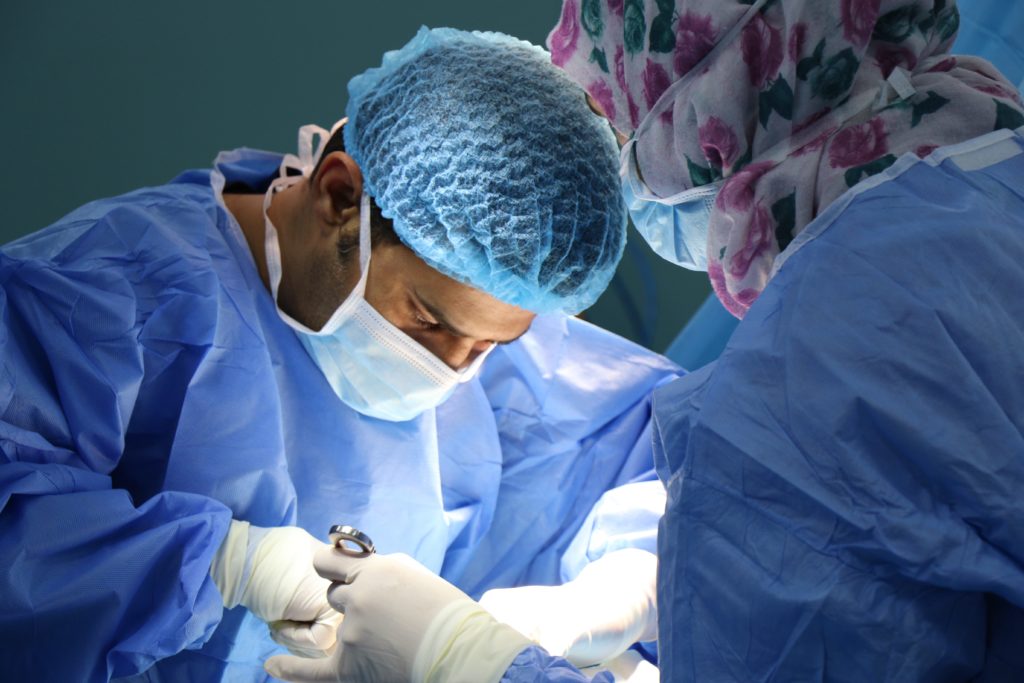
Surgical Care Overview
Our Surgical Care department performs inpatient and outpatient surgical procedures of all types at Sweetwater's Main Campus. Our skilled surgical and support staff is here to ensure our patients and their loved ones receive the highest quality care available.
Surgical Services Resources
Patient Education Surgical Site Infections
Surgical Physicians
Urology
Adam Shrewberry, MD
James Bienvenu, MD
GI
Ken Kozawa , MD
Ronald Cherry, MD - Bronchoscopy
Orthopedic
Podiatry
Vascular Surgery

